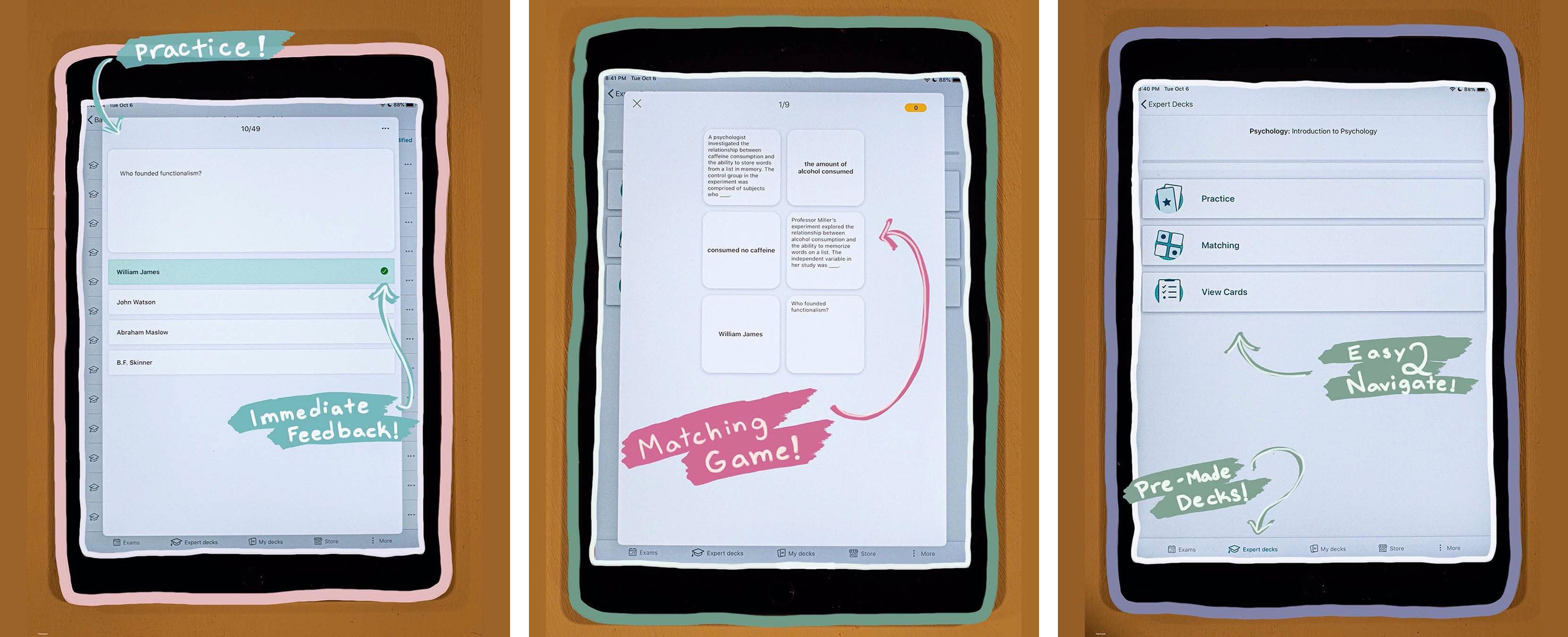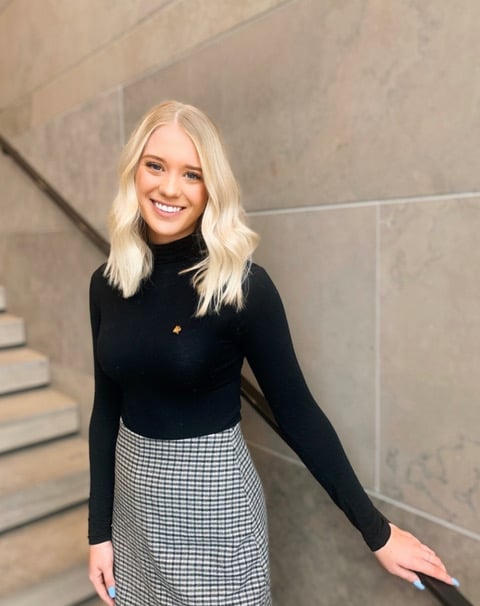The Science of Study

We’re almost a month into online learning, and exam season is creeping up at a rapid pace. There’s a science to successful learning – you have to change your thinking to turn regular study habits into lifelong learning. I’m going to share some of my favourite strategies for studying, so you can get through this semester, carry it into the next and learn a little deeper!
Figure out your learning style.
Everyone learns differently, and once you understand what kind of learner you are, you can gain a better perspective on how to implement your own learning style into your study techniques. The four main categories are visual (imagery), auditory (listening/speaking), read & write (words), and kinesthetic (hands on). It’s hard being in such large university classes, because the profs deliver information in a way that makes sense to them – not necessarily everyone in the class. The first thing I do when I study is translate the information into a way I learn best. For example, if my prof posts slides with all words, I’ll need to draw diagrams and find supplementary pictures and videos online so I can l make sense of it in my head. I like to see the big picture before I zoom in on the details!
Take notes by hand.
Everyone will tell you this throughout your university career, and they are right. Physically writing out material (even if it takes longer) will instill it in your head much better than mindlessly typing notes. I recently got an iPad and apple pen that have been awesome, because I can physically write on the lecture slides and make notes without re-writing everything out.
Make connections.
Make the material memorable. When you can explain the way your new learning relates to prior knowledge, you will grasp the concepts better and create personal connections. While the prof is talking, put their words into your own and give it meaning. Photosynthesis is not just the sunlight driven conversion of carbon dioxide into sugar. Think about its evolutionary advantage, why does it even happen and what could go wrong? Think deeper.
Learn in short bursts of time.
Brief, frequent learning sessions are much better than longer infrequent ones. Your brain needs time to make constructs and organize material as you go. Dedicate 30-50 minutes of learning new material, and then once you’re done take a 10-minute break before starting another session. It’s also been proven to increase memory retention when you divvy up the material and switch subjects so your brain doesn’t get fatigued!
Test yourself.
One of the best habits a learner can do is regular self-quizzing to consistently recalibrate your understanding of what you do and do not know. Sometimes I think I know something until I test myself – which is much better than finding that out on the exam. One of my favourite testing methods is digital flash cards on Pearson Prep! It allows you to constantly test your understanding, prioritizing questions you are getting wrong, and allowing you to track your progress!

Credit: Marisa Wong
Teach someone (or just pretend to).
If you explain concepts or imagine that you need to teach someone the material it will make it stick that much better. The expectation changes your mind set so you’re more engaged in effective approaches to deep learning rather than just focusing on memorization.
Each person is unique, and we will all have different strategies that work for us! You might have to try a few things to find out what works best for you. Most importantly, everyone thinks that their intellectual capacity is hardwired from birth, and that is easy to blame for a C- on a test. But unfortunately that’s not the case. It’s true that your genes will give you the outline for your abilities, but it’s also true that we become capable through the learning and development of mental models that enable us to reason, solve, and create! Every time you learn something new, you change your brain and the way you wish to shape it is in your control.

Isabel is a fourth year student at Western University, pursuing an Honours Double Major in Biology and Medical Science. When she “grows up,” she wants to help people in any way - big or small. She would love to go into medicine, and create sustainable global healthcare solutions that change people’s lives.
Her empathetic nature, creativity and drive have influenced her passion for connection, empowerment and knowledge. When she’s not studying she loves nothing more than an exciting adventure, a good book and eating sushi on the beach.